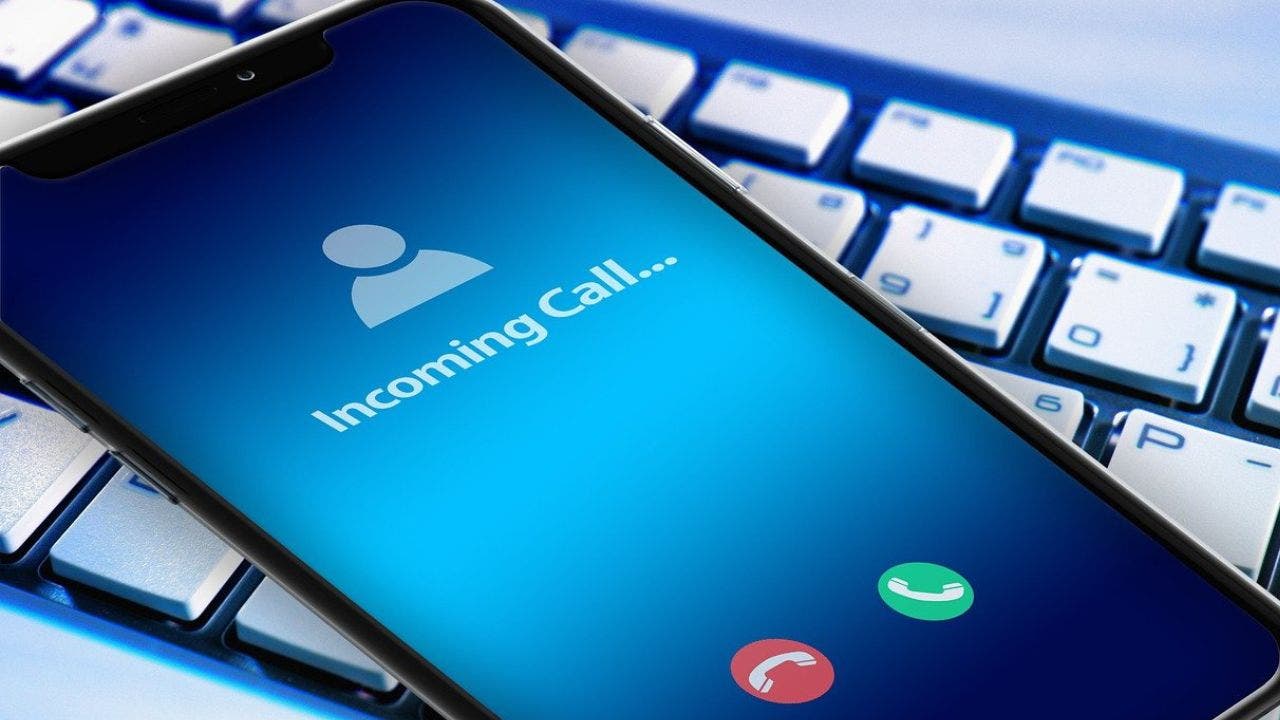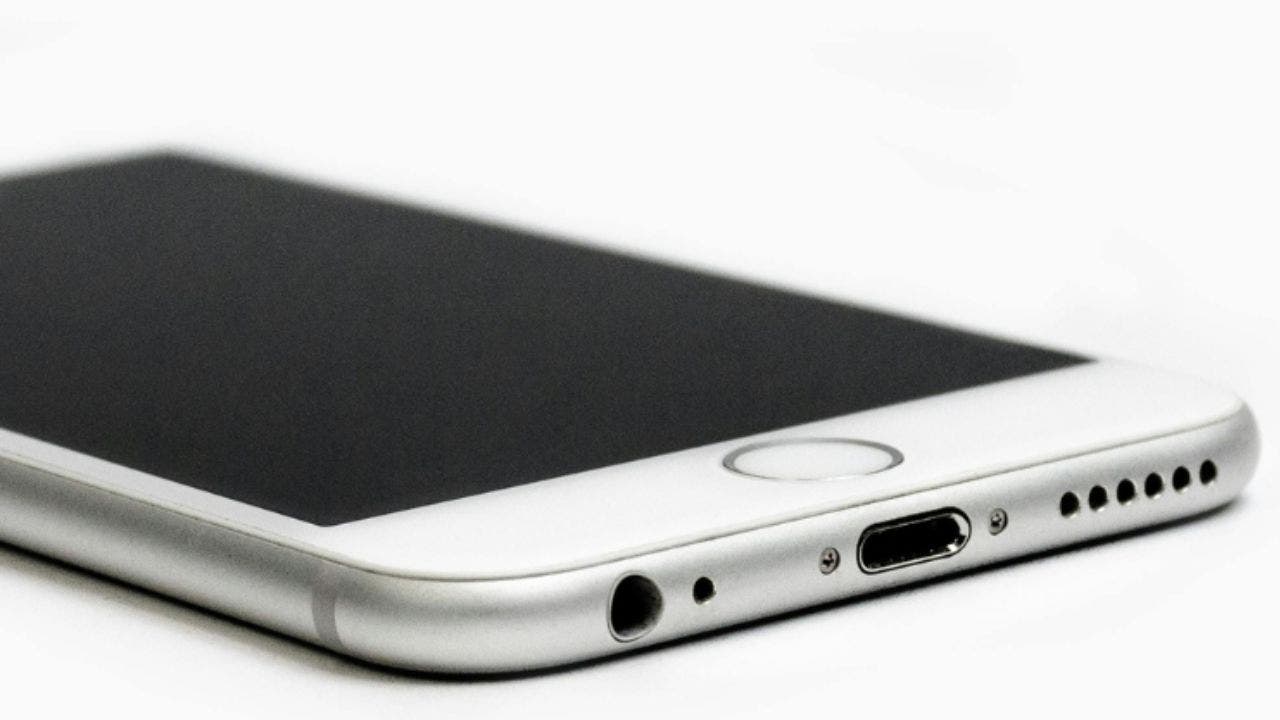Imagine if this happened to you. Your spouse passed away and a few weeks after the funeral, you get a message from them that says, “Hi, hope you’re having a great day.” Other friends report they’re getting similar messages from your spouse. Some messages offer big returns in crypto investments.
Join over 500,000 people who get tech smart with my free newsletter.
It’s easy to sign up and one click to cancel if you don’t like it.
“Ghost hackers” have taken over your spouse’s account. It’s a sick new scam. With account owners dead and families focused on grief, the hacking is more likely to go unnoticed. It’s awful, and I want to make sure this doesn’t happen to you or someone you love.
SEE WHAT THE HOME YOU GREW UP IN LOOKS LIKE NOW AND OTHER MAPS TRICKS
It’s not just trolling and ‘investments’
Ghost hackers monitor obituaries and death notices for potential targets. Then, they use their arsenal (hacking weak passwords, guessing security questions and accessing previously leaked credentials) to break in. Often, hackers leapfrog into banking and retirement accounts, making it easy to steal directly from the person who passed.
The best offense is a good defense
I know firsthand there are a ton of administrative tasks to take care of when a close family member dies — everything from canceling cellphone plans to executing the will. This list now also needs to include memorializing or deleting their social media accounts.

Luckily, social networks have processes in place for this. For Facebook, ask Facebook to memorialize the account. You’ll need a link to an obituary. You can also request the profile be removed. Instagram has similar steps to Facebook, and the same goes for X.
Now, take time to protect yourself
On Facebook, you can designate a legacy contact to manage your account if you die. They won’t be able to log in, read your messages or delete friends.
CAN YOU SPOT ELECTION DEEPFAKES? HERE’S HOW NOT TO BE DUPED
- On mobile, select the three-line icon at the bottom right. Scroll and tap Settings & privacy > Settings. Under “Accounts Center,” tap Personal details > Personal details > Account ownership and control > Memorialization.
- Click your name to select your legacy contact (and notify your contact they’re now in that role). You can also decide if you’d rather have your account deleted after you pass.
Apple’s Legacy Contact is a safe, secure way to give someone access to data stored in your Apple account after you die. You can add more than one Legacy Contact, and all of them can access the account to make decisions. The person must be 13 or older.
Here’s how to set it up on your iPhone:
- Open Settings and tap your name.
- Go to Sign-In & Security > Legacy Contact.
- Tap Add Legacy Contact. You may have to use Face ID, Touch ID or your passcode to authenticate.
- You can choose a group member if you’re in a Family Sharing group. Or you can tap Choose Someone Else to add someone from your Contacts.
- Select the person from your Contacts. Tap Continue.
- You’ll be asked how you want to share your access key. Select Print Access Key or Send Access Key.
- If you choose to send the key digitally, Apple will create a message letting your contact know you’ve added them as your legacy contact. Tap Send.

Finally, adjust your Google account. You probably have a few things you’d prefer to keep private in your search, watch and location history. By default, Google auto-deletes account records after 18 months. If you want to shorten that window, you can do so in a few steps.
- Go to your Google Activity controls and log in with your Google account.
- Under Web & App Activity, you’ll see Auto-delete. Be sure this is turned On.
- Click the arrow to choose your preferred timeframe: 3 months, 18 months or 36 months.
Really, you need a digital estate plan
It’s not a legal document but rather a rundown of all your accounts, passwords and online assets with instructions on how to find them. My Mom made one before she passed, and I can’t tell you how much time and stress it saved me during an incredibly emotional time.
TOP LAWMAKER SHARES ‘BIGGEST FEAR’ ABOUT HER KIDS’ DATA ONLINE AS CONGRESS EYES FEDERAL PRIVACY RULES
Your list can be as formal or informal as you like. It could be an Excel spreadsheet or Word doc that includes websites, login details and anything else you want to leave behind. If you go this route, password-protect the file and leave the password in your will.
If you’re comfortable with it, I highly recommend you do this in a password manager. Most have the option to set up a contact who can access your logins when you pass. Use a password notebook if you’re more comfortable with pen and paper.
Here’s a checklist to get you started:
- Email, social media, financial and cloud storage accounts.
- Online shopping credentials.
- Streaming services and other recurring charges.
- Loyalty programs, including travel rewards.
- Domain names and website hosting.
I know it’s not fun to think about, but you’ll be helping your loved ones immensely if you do.

Get tech-smarter on your schedule
Award-winning host Kim Komando is your secret weapon for navigating tech.
CLICK HERE TO GET THE FOX NEWS APP
Copyright 2024, WestStar Multimedia Entertainment. All rights reserved.






